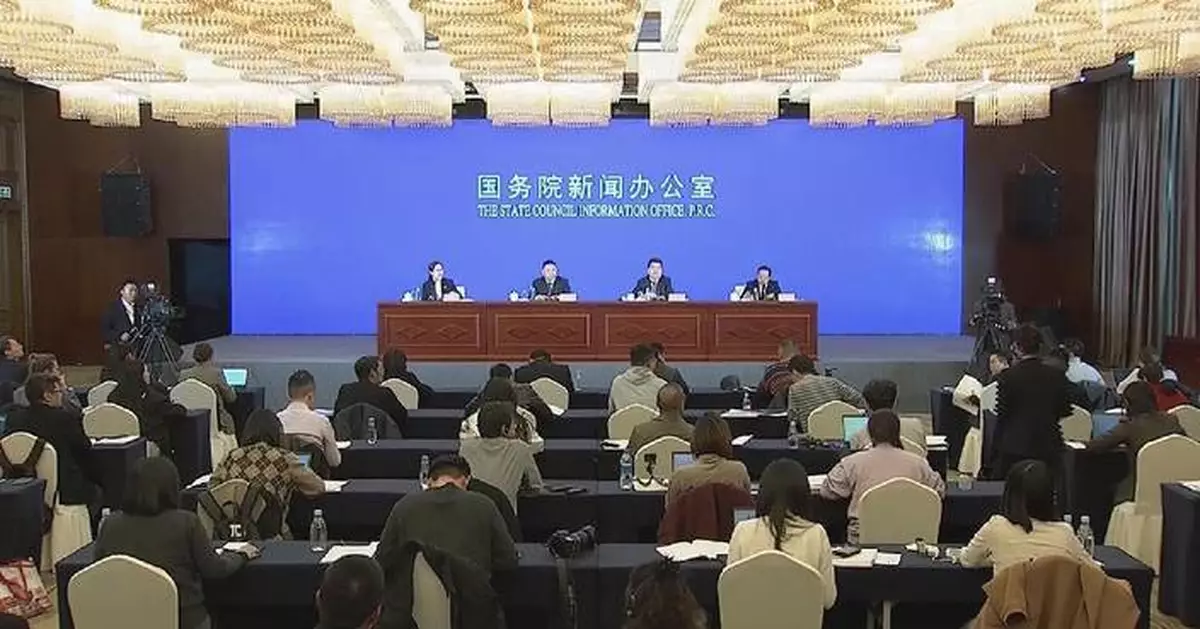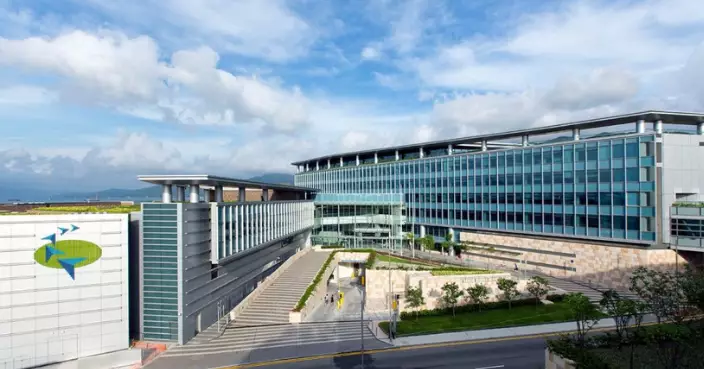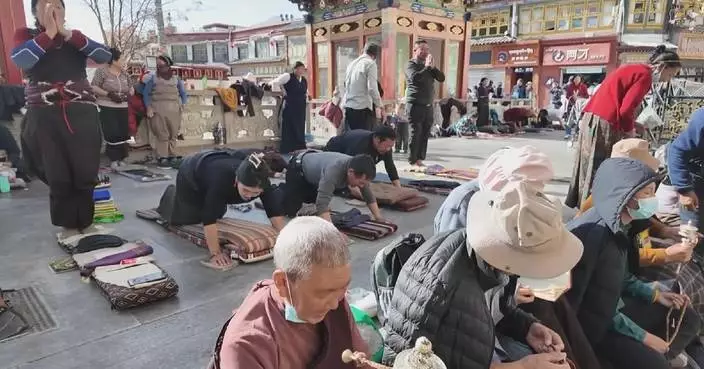The government of southwest China's Xizang Autonomous Region has taken multiple measures to make changes to the employment for farmers and herdsmen, said a local official on Friday.
Xu Zhitao, Deputy Chairman of the People's Government of the Xizang Autonomous Region, made the statements at a press conference held in the regional capital Lhasa on the release of a white paper on the progress in Xizang's human rights cause issued by the State Council Information Office (SCIO).
Xu said the local government has taken into consideration four measures to improve employment.
"Fully respecting the wishes of farmers and herdsmen, the government has brought into play its functional role and the market's main role to provide good services for farmers and herdsmen in need of re-employment which includes the following measures:
"Firstly, a unified urban and rural employment and entrepreneurship registration system is being implemented. Farmers and herdsmen are fully included in the scope of urban employment registration, and public services such as job introduction, career guidance, and job registration are provided free of charge," Xu said.
"Secondly, we will actively carry out vocational skills training. At present, all urban and rural people in Xizang who are over 16 years old and have the desire to work and the need for training have access to skills training. When formulating training and employment plans, we also fully respect the autonomy of the people, as the training projects, training methods and training institutions are all chosen by the trainees themselves," he said.
"Thirdly, we are driving the transfer of employment mode for farmers and herdsmen through various channels and forms such as developing characteristic and advantageous industries, establishing employment mode changes for farmers and herdsmen, and government investment projects," he said.
"Fourthly, relying on the employment service stations established in various places, we shall help the surplus labor force in rural and pastoral areas to go out to work in an orderly manner according to their will and abilities. We also take the initiative to care about their needs in terms of food, accommodation, commuting and rights protection, and help solve their worries," Xu said.
As this year marks the 60th anniversary of the founding of Xizang Autonomous Region, and Friday marks the anniversary of the liberation of millions of serfs in Xizang, the SCIO has issued a white paper entitled "Human Rights in Xizang in the New Era".
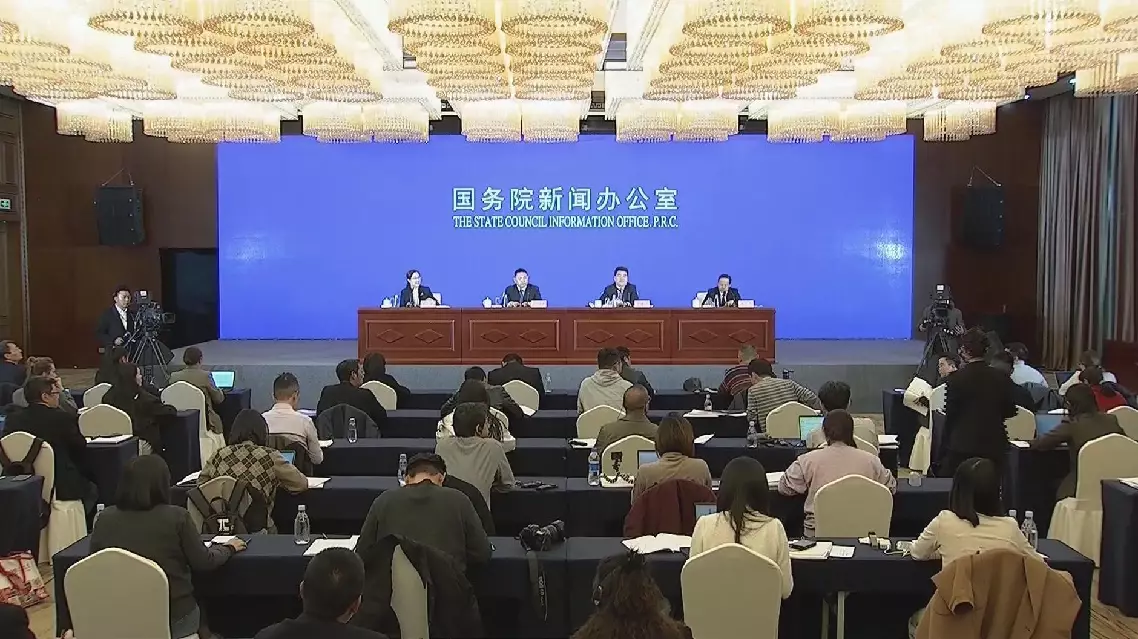
Xizang supports rural employment through job training, industry development
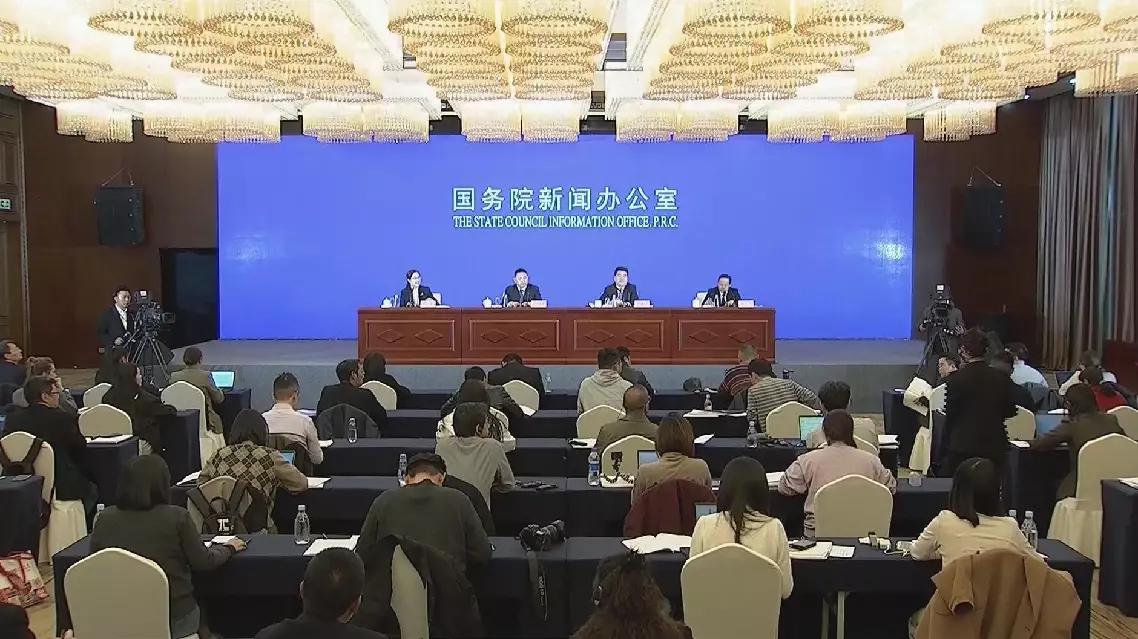
Xizang supports rural employment through job training, industry development
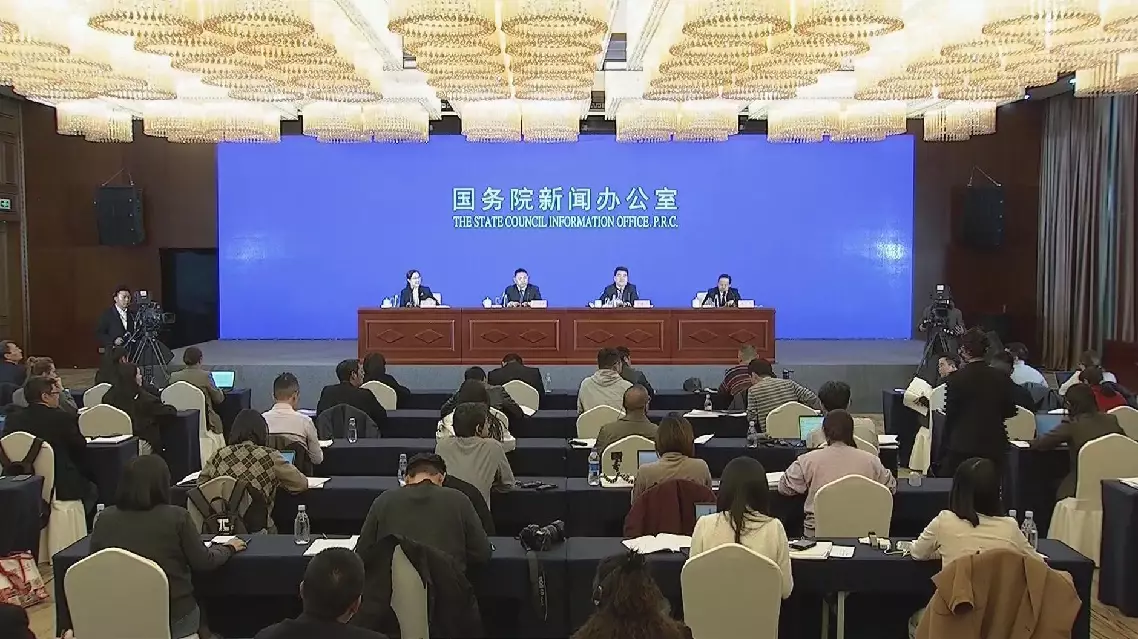
Xizang supports rural employment through job training, industry development


